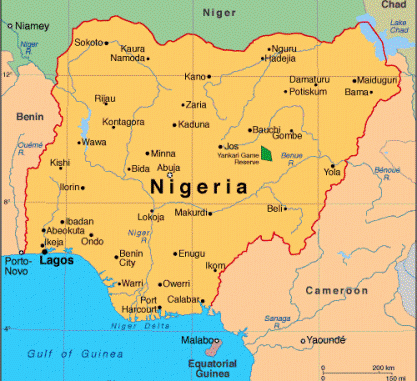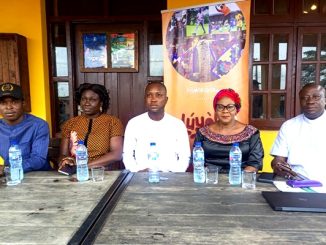
By Adedamola Adegoke
Development is regarded as sequential changes or growths that occurred in a society or country over time. It remains a product of good governance, which mostly lies in the hands of those at the helm of affairs at a particular time and process that led to the emergence of such leaders.
Local Government is universally found in contemporary societies, both in the developed and developing countries. It is a vital political institution such that modern politics and administration revolves around it.
Today, most countries across the globe adopted democratic system of government, being the government of the people, by the people and for the people.
In these countries, governance is centered on three tiers with constitutional backing to aid rapid development.
Nigeria has three tiers of government; Federal, State and local governments. Each tier has constitutional roles, aimed at complementing each other.
The mother of them, that is, the federal government, plays significant roles in nation building, and this is one of the reasons why citizens always look unto the presidency and participate actively during presidential elections conducted by the Independent National Electoral Commission (INEC).
It is an established fact that citizens also perform their civic responsibilities as expected during the governorship elections, while there is lots of apathy during the chairmanship and councillorship elections, forgetting that without a solid foundation, the longevity of structure or building is in doubt.
Citizen’s nonchalant attitude to the process that produces public administrators at the grassroots is quite alarming, and this usually resulted in having the wrong pen in the right hole.
Findings revealed that voter apathy associated with local government council elections was due to non-performance of some previous elected administrators, lack of security of lives or property and lack of trust in States Independent Electoral Commission (SIECs).
Others include introduction of caretaker committees to manage the affairs of the councils, do-or-die approach of political soldiers to the council’s polls, interest of the incumbent governors, choice of political godfathers, influence of respected monarchs and many more.
Local government is a tier of government that provides essential services to the public, such as health and safety, transportation, sanitation, environmental, and utilities.
Other services include grading of rural roads, management of basic schools, local markets, among others. Public administrators play a crucial role in the delivery of these services and the management of local government organizations.
Sometimes, the Governor of Akwa Ibom State, Pastor Umo Eno, at the swearing ceremony of Chairmen and Vice Chairmen of Nsit Ibom and Urue-Offong/Oruka Local Governments, compelled chairmen of the local government councils in the state to reside within their areas of jurisdiction for effective delivery on their mandate and development of rural areas.
Also, the ongoing campaign or demand for financial autonomy for local government by relevant stakeholders in the country further attests to how important this tier of government is in building a prosperous and self-sustained nation.
It is worthy to note that Oyo State government is gradually changing the narratives associated with local government councils elections in Nigeria as the idea of appointing interim or caretaker committees to govern local government councils has gone to the river to swim in the state, courtesy of Governor Seyi Makinde led administration.
This development led to the conduct of local government councils election in the 33 local government council areas of the state in 2021 by the current leadership of the Oyo State Independent Electoral Commission (OYSIEC), headed by a Senior Advocate of Nigeria, Aare Isiaka Abiola Olagunju .
About 30 percent of registered voters took part in the election, a result that further attests to the long-time nonchalant attitude of citizens and residents to local government council elections.
According to records, the feat attained by the commission in terms of voter’s turnout was the highest in recent times.
It is no longer news that the Oyo State Independent Electoral Commission has picked 27th April, 2024 as the date for the next local government councils election, with a promise to deliver a free, fair, transparent, credible and peaceful election.
No doubt, democracy provides opportunity for people to choose their leaders, enables citizens to make their opinions known to those in power, enjoy good governance and interface with the authorities, especially those at the grassroots.
To achieve the above and witness monumental development at the grassroots, it is important for citizens and residents of Oyo State to develop a positive mind set and exercise their civic rights en masse without violating the law guiding the conduct of local government council elections in Oyo state, come 27th April, 2024.
Adedamola Adegoke writes from Ibadan, Oyo State.



Be the first to comment